What’s the Buzz
The Bee Healthy Blog
What are Nasal Polyps? Symptoms, Causes & Treatments

Nasal polyps are small, painless, noncancerous growths that develop in the mucous membranes of the nasal passages and sinuses. Small polyps usually do not cause any symptoms unless they become swollen or irritated. Larger nasal polyps can block the nasal passages and cause problems with breathing, affect your sense of smell, and increase your risk of sinus infections. Please continue reading to learn more about what causes nasal polyps as well as the symptoms, diagnosis, treatment, and prevention.
What is the most common cause of nasal polyps?
The most common cause of nasal polyps is chronic sinusitis (long-lasting inflammation and irritation of the sinuses for 3 months or longer). The sinuses are hollow, air-filled spaces in the skull. Not everyone who has chronic sinusitis develops nasal polyps; however, chronic sinusitis is a risk factor for nasal polyps.
Other risk factors include asthma, allergic rhinitis (hay fever), repeated infections of the nasal passages (chronic rhinosinusitis), allergy to aspirin, dental infections, vitamin D deficiency, and cystic fibrosis (an inherited disease that affects the lungs, breathing passages, digestive tract, and other organs).
Nasal polyps are usually present in the nasal passages on both sides. The presence of a growth on one side only is suspicious for cancer and should be evaluated without delay.
Who is at risk to develop nasal polyps?
Individuals with the above-mentioned illnesses are at an increased risk for the development of nasal polyps. Polyps in the nasal cavity can occur at any age but are most common in young and middle-aged adults (people in their 30s and 40s).
How do you know if you have nasal polyps?
As mentioned, small nasal polyps do not typically cause symptoms. However, if they grow larger, they can cause symptoms such as runny nose, nasal congestion (stuffy nose), postnasal drip, loss of smell and taste, and nosebleeds. Other common symptoms include headache, facial pain, tooth pain, a pressure sensation in the sinuses, and snoring.
How are nasal polyps diagnosed?
Your doctor can diagnose nasal polyps by performing an examination with an instrument called a nasal endoscope. This is a thin, flexible tube with a lighted camera at its end, and it allows your healthcare provider to look inside your nasal cavity.
Other diagnostic studies can include imaging tests (CT scan) to rule out other causes of nasal blockage, allergy tests to find out the cause of chronic inflammation, tests to diagnose infectious diseases, blood tests, and different chemical markers to check immune system functioning, and tests for cystic fibrosis which is a risk factor for nasal polyps.
How do you get rid of nasal polyps?
Medications can help control symptoms such as swelling, irritation, and trouble breathing caused by nasal polyps. If medications and other treatments like lifestyle modifications do not work, you may need surgery. Your physician will use the following strategies to treat nasal polyps:
- Nasal steroids: These drugs help to reduce inflammation. Examples include budesonide (Rhinocort), fluticasone (Flonase Allergy Relief, Xhance), triamcinolone (Nasacort Allergy 24HR), mometasone (Nasonex 24hr Allergy), ciclesonide (Omnaris, Zetonna), and beclomethasone (Beconase AQ, Qnasl).
- Oral steroids: Larger nasal polyps can make nasal sprays less effective. In such patients, oral steroids taken by mouth in pill form (for example, prednisone) can help. Oral steroids are also used to shrink the size of nasal polyps before surgery. These drugs can only be used for a short period of time, however, due to the risk of serious side effects. Steroid shots may be used for severe nasal polyps.
- Biologic agents: Biologics target certain proteins in the body and lessen swelling and irritation. They are prescribed to people with recurrent nasal polyps. Examples include mepolizumab (Nucala), dupilumab (Dupixent), and omalizumab (Xolair).
- Antihistamines: These anti-allergy medicines help to control nasal swelling and inflammation.
- Antibiotics: Your doctor may prescribe an antibiotic to treat an infection.
Aspirin desensitization: This treatment is offered by an allergy specialist and is for people who have nasal polyps due to aspirin sensitivity and asthma. It involves taking aspirin in small incremental doses to get the body used to the drug. This is usually followed by daily aspirin therapy. Your physician may recommend surgery to remove nasal polyps before undergoing aspirin desensitization therapy. - Endoscopic surgery: This is a minimally invasive procedure performed to remove a polyp. It is recommended for people who do not respond to medications used to shrink or get rid of nasal polyps. Surgery may also involve making the sinuses larger or performing balloon ostial dilation for chronic sinusitis.
What happens if nasal polyps go untreated?
If nasal polyps go untreated, they can get large enough to cause blockage of the nasal passages. They can also cause repeated sinus infections, frequent asthma attacks in people who have asthma, obstructive sleep apnea, trouble sleeping, and trouble breathing, even in people who don’t have asthma.
What can you do to prevent nasal polyps?
- Remove allergens from your environment if you have allergic rhinitis (hay fever).
- Manage allergies and asthma with the treatment plans prescribed by your healthcare provider.
- Avoid nasal irritants such as dust, smoke, chemical fumes, and other irritants. If you are a smoker, talk to your healthcare provider about effective strategies for quitting smoking.
- Use nasal rinses such as a nasal wash, salt water spray, or neti pot to keep your nasal passages clear of irritants. Make sure you use sterile water that has been distilled (boiled for 1 minute and cooled) or filtered (with a filter that has an absolute pore size of 1 micron or less). Keep the neti pot clean by washing it with sterile or filtered water and allowing it to dry completely before storing.
- Practice good hygiene by washing your hands thoroughly to protect against infections of the nasal cavity and sinuses.
- Use a humidifier to add moisture to the air in your home. This can help prevent nasal irritation. Make sure you clean your humidifier periodically to prevent bacterial growth.
References:


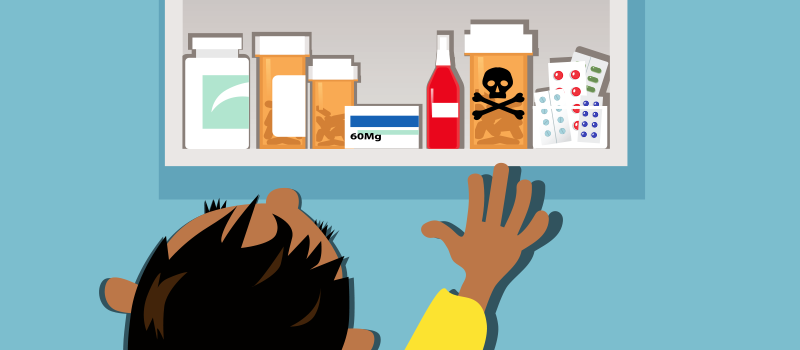

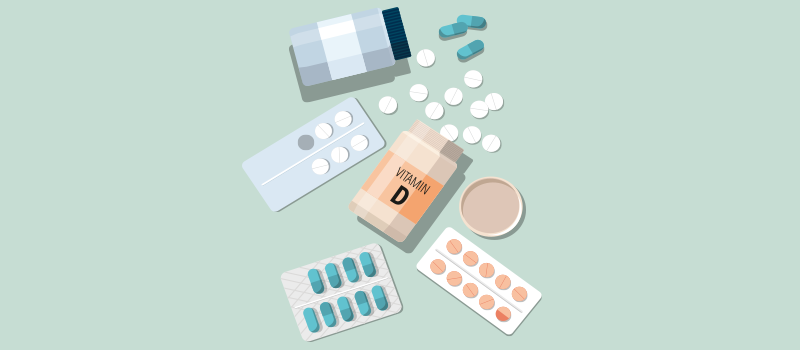

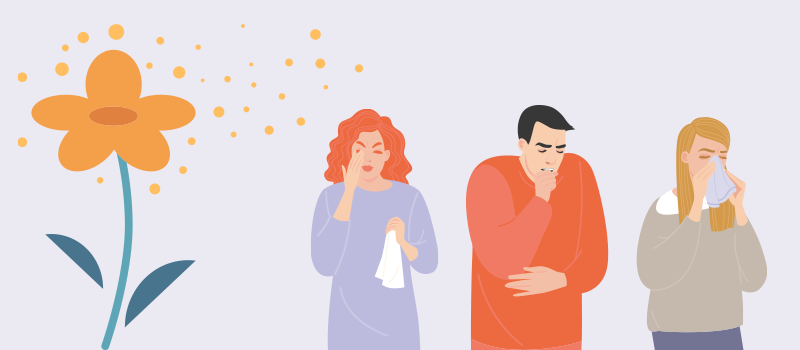

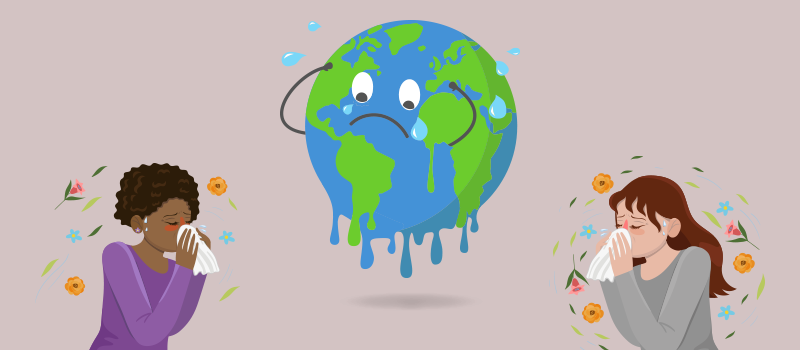

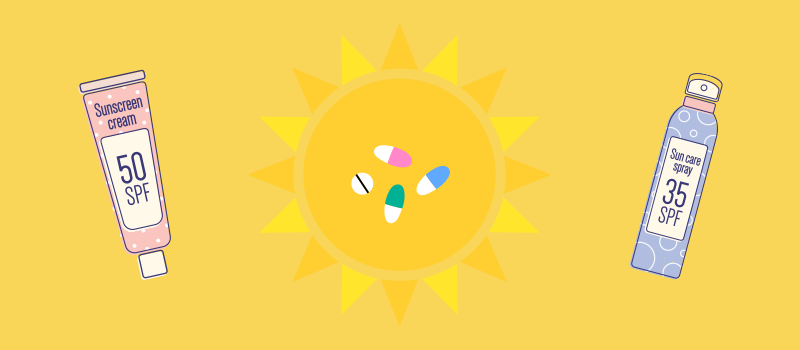

SOCIAL